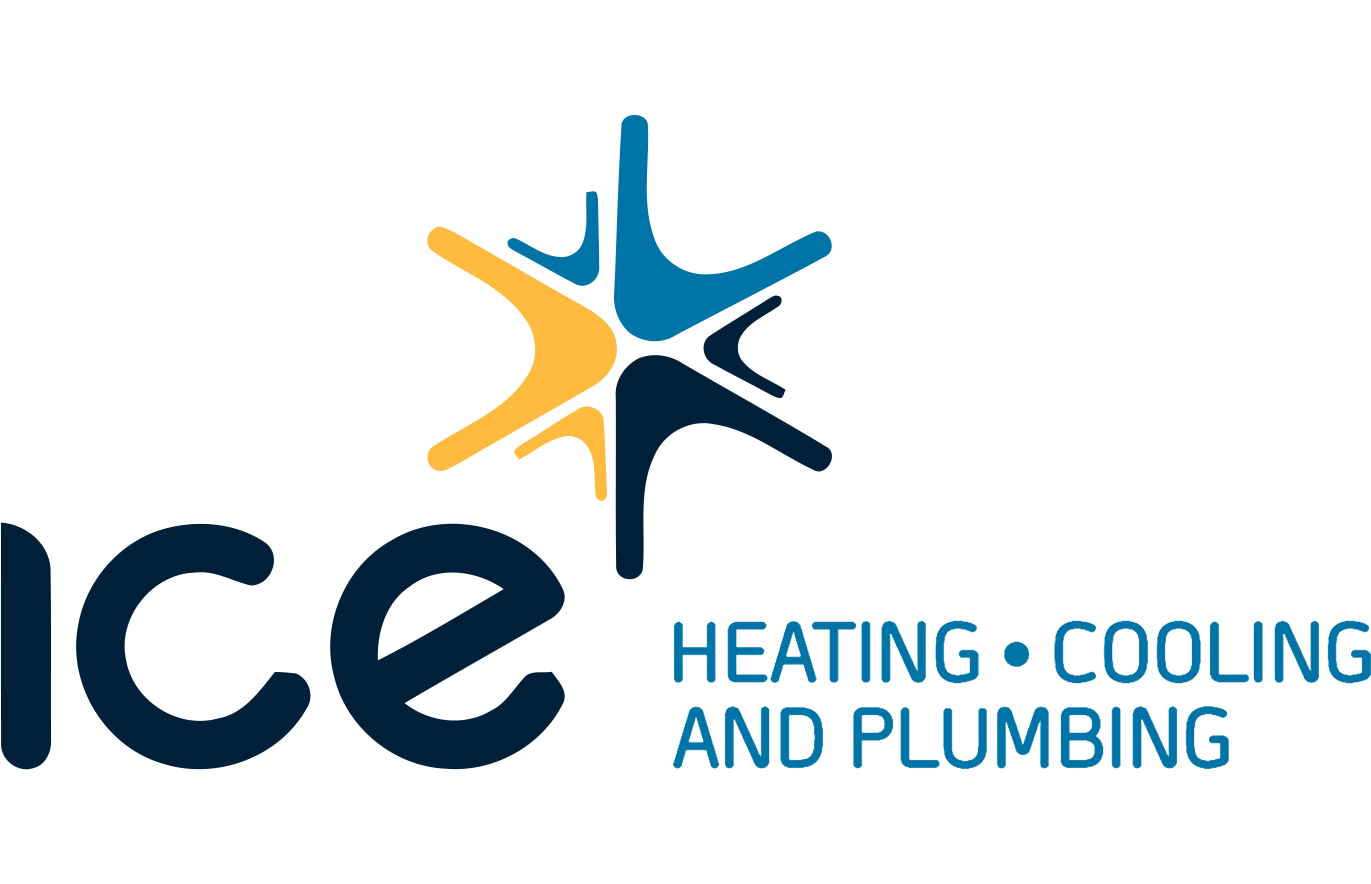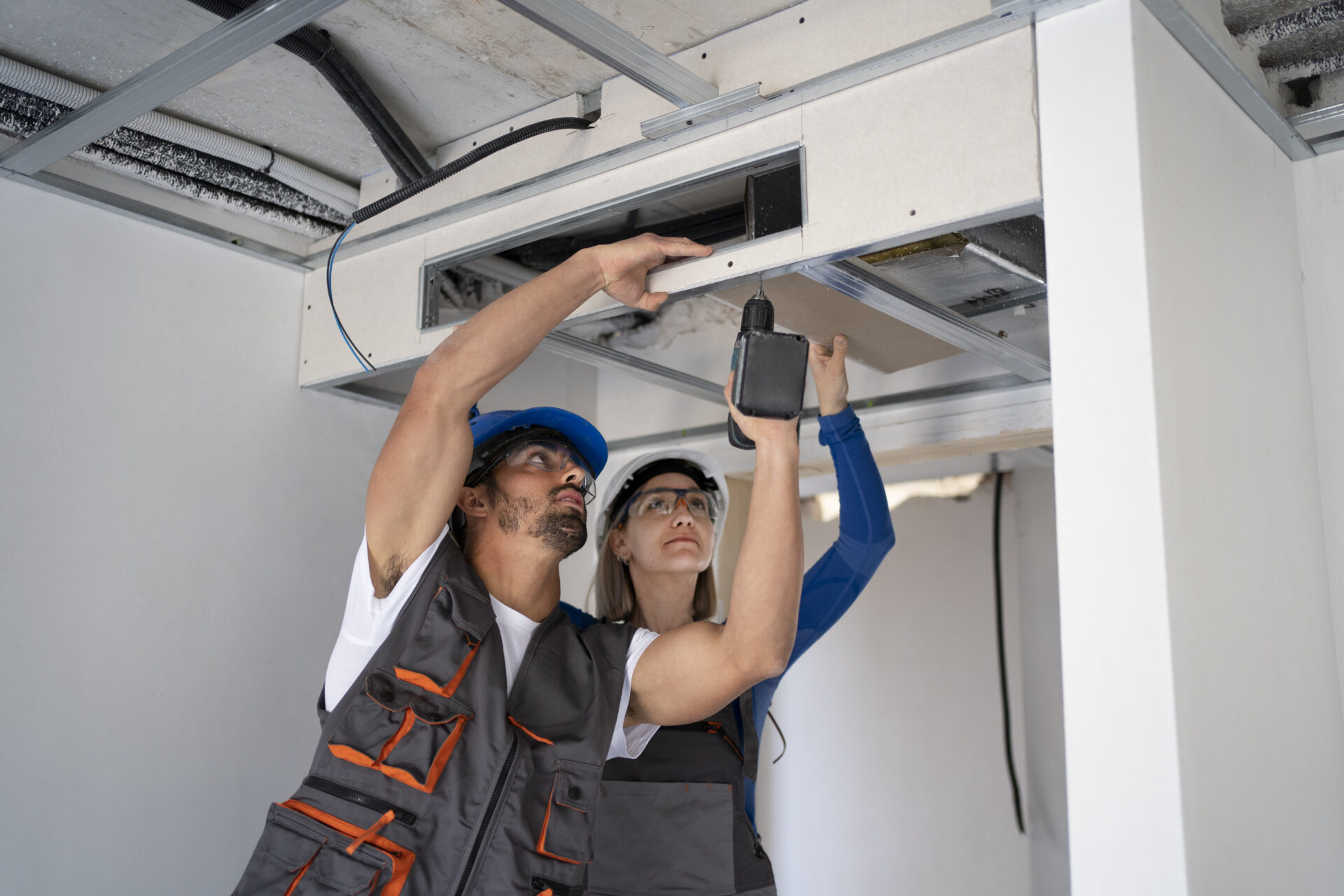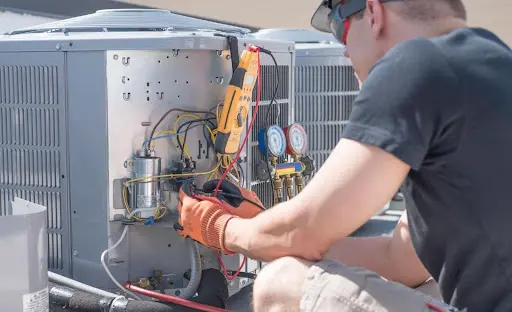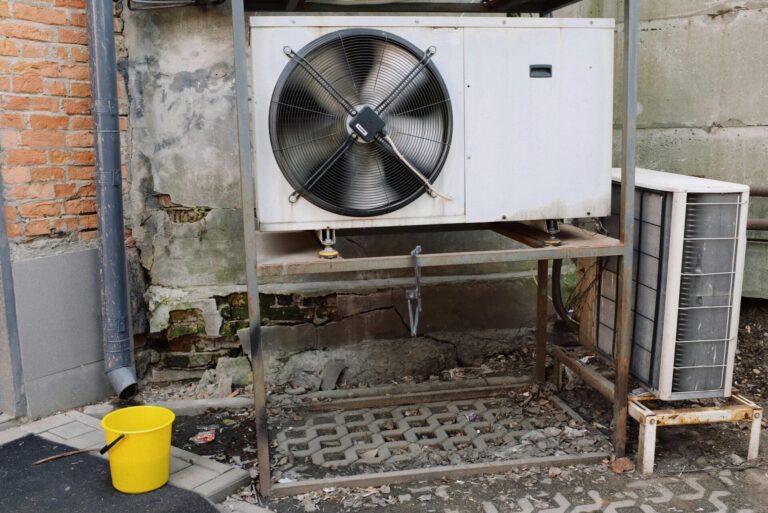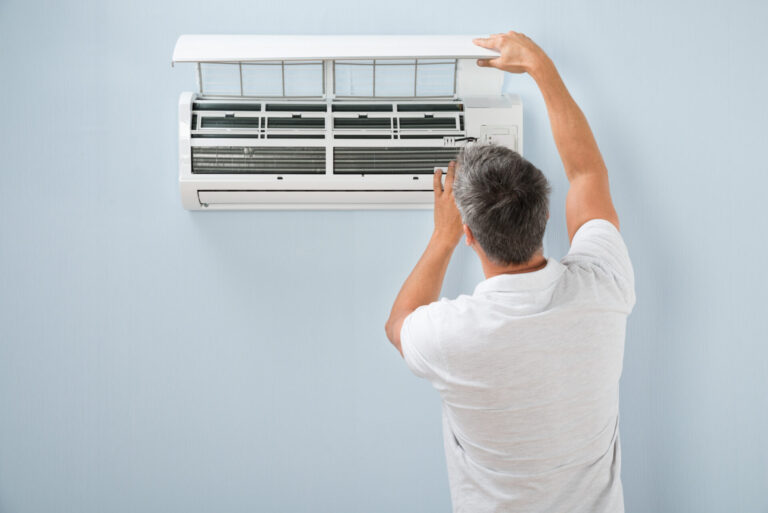One of the most common questions about HVAC installation is how long it takes to complete. The answer depends on several factors, including the size and complexity of the HVAC system, site accessibility and conditions, permitting and code compliance, availability of equipment and materials, and the efficiency and experience of the installation team.
Factors Affecting HVAC Installation Time
Size and Complexity of the HVAC System
The size and complexity of the HVAC system play a significant role in determining the installation time. Larger and more complex systems may require more installation time than smaller, simpler systems. Systems with multiple zones or specific customization may also take longer to install.
Site Accessibility and Conditions
The site’s accessibility where the HVAC system is installed can impact the installation time. If the site is difficult to access or requires additional work to prepare for installation, it can add to the overall installation time. Additionally, conditions such as limited space or obstacles can also cause delays during the installation process.
Permitting and Code Compliance
The time required to obtain permits and ensure compliance with local building codes can also affect the installation time. Certain jurisdictions may have specific requirements to be met before installation can proceed. Waiting for permits and ensuring code compliance can add extra time to the installation process.
Availability of Equipment and Materials
The availability of equipment and materials needed for the HVAC installation can impact the timeline. Delays in the delivery of components or a lack of certain materials can prolong the installation process. Ensuring all necessary equipment and materials are procured before installation is essential.
Installation Team Efficiency and Experience
The efficiency and experience of the installation team can significantly impact the installation time. A team with extensive knowledge and expertise in HVAC installation can conduct the process more efficiently, potentially reducing the overall installation time. Conversely, a less experienced team may require more time to complete the installation.
Types of HVAC Systems and Installation Times
The specific type of HVAC system installed can also influence the installation time. Different types of systems have varying installation requirements and complexities. Here are some common types of HVAC systems and their estimated installation times:
| HVAC System Type | Installation Time |
| Split System | 1-2 days |
| Packaged System | 1-2 days |
| Ductless Mini-Split | 1-2 days |
| Hybrid | 2-3 days |
| Geothermal | 3-5 days |
Residential HVAC Installation Time Frame
The time frame for residential HVAC installations can vary depending on the factors mentioned earlier. On average, a residential HVAC installation can take 2-5 days. Factors such as the home’s size, the system’s complexity, and site conditions can impact the installation time.
Commercial HVAC Installation Time Frame
Due to their larger scale and complexity, commercial HVAC installations require more time than residential installations. The installation time frame for a commercial HVAC system can range from a few days to several weeks, depending on the size of the building, the complexity of the system, and any additional requirements or customizations.
Process of HVAC Installation
Step 1: Site Evaluation and Measurement
Before installation begins, the site needs to be evaluated and measured to determine the specific requirements of the HVAC system. This includes assessing the size of the space, evaluating any existing ductwork or infrastructure, and identifying any potential challenges or limitations.
Step 2: HVAC System Selection and Design
Once the site evaluation is complete, the appropriate HVAC system is selected based on efficiency, capacity, and installation requirements. The system is then designed to suit the building’s specific needs, including determining the layout and sizing of equipment.
Step 3: Ductwork Installation
If the HVAC system requires ductwork, the installation team will proceed with installing the necessary ducts. This involves careful planning and routing to ensure optimal airflow and efficiency.
Step 4: Equipment Installation
The HVAC equipment is installed once the design and ductwork installation is complete. This includes placing and connecting the indoor and outdoor units and any additional components such as thermostats or air purifiers.
Step 5: Testing and Commissioning
After installing the equipment, the system is thoroughly tested to ensure proper functionality and performance. This involves checking for leaks, verifying electrical connections, and calibrating the system for optimal efficiency. Once testing is complete, the system is commissioned and handed over to the customer.
Preparation and Planning for HVAC Installation
Proper preparation and planning are crucial for a smooth HVAC installation process. This includes coordinating with the installation team, ensuring the availability of equipment and materials, obtaining necessary permits, and scheduling the installation at a time that minimizes disruption to the building’s occupants.
Benefits of Hiring Professional HVAC Installers
There are several benefits to hiring professional HVAC installers for the installation process. Professional installers have the knowledge and expertise to navigate the complexities of HVAC installation, ensuring the system is installed correctly and efficiently. They can also guide system selection, design, and ongoing maintenance, maximizing the longevity and performance of the HVAC system.
Common Delays and Challenges During HVAC Installation
Unforeseen Construction Issues
Unexpected issues with the building’s construction, such as structural limitations or concealed hazards, can cause delays during installation. These issues may require additional work or modifications to the HVAC system.
Lack of Proper Planning and Preparation
A lack of thorough planning and preparation can lead to delays and complications during installation. This includes inadequate site evaluation, incomplete design, or failure to obtain necessary permits.
Equipment and Material Delays
Delays in the delivery or availability of equipment and materials can significantly impact the installation timeline. To avoid delays, it is important to ensure that all necessary components are procured in a timely manner.
Permitting and Code Compliance Challenges
Dealing with permitting and code compliance can be challenging, mainly if unexpected requirements or permits are delayed. It is essential to thoroughly understand local regulations and allow sufficient time for the permitting process.
Coordination Issues with Other Contractors
Coordination can be a challenge when multiple contractors are involved in a construction project. If there is a lack of coordination between different trades, such as electrical work or plumbing, delays can occur, impacting the HVAC installation timeline.
Tips for Efficient HVAC Installation
Plan Ahead: Proper planning is crucial for an efficient HVAC installation. This includes determining the scope of work, identifying the necessary equipment and materials, and creating a detailed timeline.
Work with Experienced Professionals: Hiring experienced HVAC contractors can make a significant difference in the installation process. They have the knowledge and expertise to complete the installation efficiently and ensure everything is in compliance with relevant codes and regulations.
Regular Communication: Maintaining open and regular communication with all parties involved in the installation is essential. This includes the HVAC contractor, other contractors, suppliers, and project managers. It helps address any potential issues or delays proactively and ensures everyone is on the same page.
Preparation and Organization: Before starting the installation, it is crucial to prepare the workspace and have all necessary tools and equipment readily available. This helps minimize downtime and ensures a smooth installation process.
Quality Assurance: Conducting regular inspections and quality assurance checks throughout the installation process helps identify and resolve any potential issues or deficiencies promptly. This ensures that the HVAC system is installed correctly and will function efficiently.
